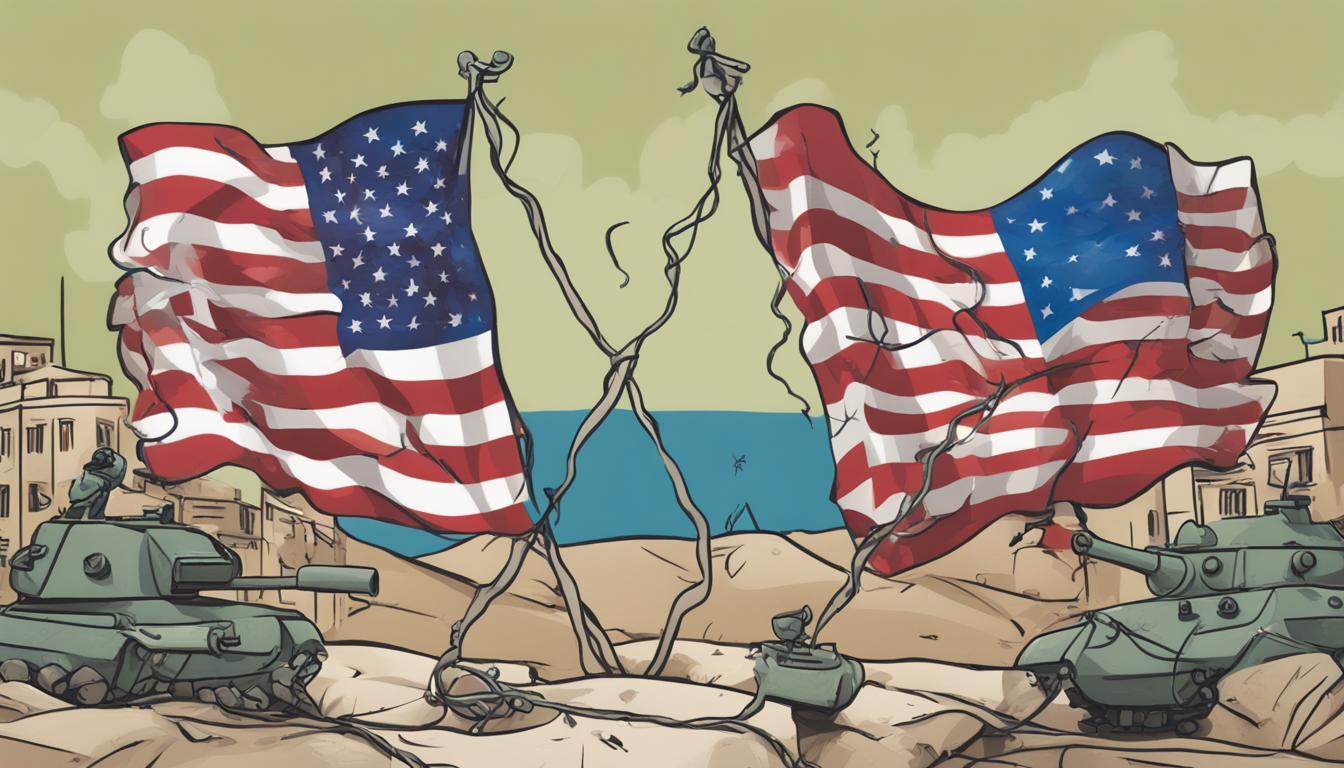As the conflict in Rafah intensifies, the Biden administration signals a potential shift in US military aid to Israel, reflecting concerns about the humanitarian impact and escalating violence in the region.
President Joe Biden’s administration is considering halting the supply of certain US arms to Israel as tensions escalate due to the situation in Rafah, located in the southern Gaza Strip. The US, historically a significant backer in terms of military aid to Israel, provides over $123 billion to date. However, these specific potential restrictions highlight concerns over Israel’s continued military offensive in the region.
Recent developments have seen Rafah become a focal point of conflict, with Israeli strikes intensifying, reportedly leading to civilian casualties and worsening humanitarian conditions. As Israeli tanks advance further into Rafah, with buildings experiencing continued bombardment, civilians face heightened fear and scarcity of resources, such as food. The situation has escalated fears of a prolonged conflict, despite ongoing but fruitless ceasefire negotiations in Cairo.
Amid these developments, President Biden’s stance represents a shift in US policy. He has explicitly warned against a full-scale ground assault by Israel, suggesting that further arms supplies could be contingent upon Israel’s tactical decisions in conflict zones. These moves come amidst a backdrop of strained relations between Biden and Israeli Prime Minister Benjamin Netanyahu over differences, including Netanyahu’s policies and the broader Israeli-US political dynamic.
On the humanitarian front, the United Nations reports that over 80,000 residents have fled Rafah due to the conflict. Aid delivery and evacuation efforts remain severely hampered by the closure of the Rafah crossing with Egypt and critical shortages of food, fuel, and medical supplies are reported. The Kuwaiti Specialist Hospital in Rafah, overwhelmed by causalities, is facing critical operational challenges due to fuel shortages essential for maintaining hospital power.
Overall, the situation in Rafah remains dire, with the international community watching closely as the US recalibrates its approach to military aid to Israel, considering the implications for civilian safety and regional stability.













